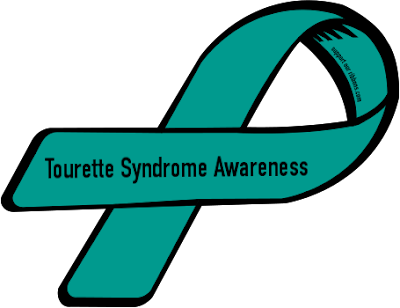National Tourette's Syndrome Awareness Month: Breaking Misconceptions About TS
National Tourette Syndrome Awareness Month runs from May 15 to June 15.
TS is often discovered during childhood evaluations of behavioral issues
such as repetitive movements and phonic tics (unintentional sounds).
Many people with TS also have neurobehavioral issues, such as
hyperactivity, inattentiveness, and impulsivity (i.e. ADHD) in addition
to obsessive-compulsive tendencies. Despite the prevalence of this
neurological disorder, misconceptions about the involuntary behavioral issues are widespread. Here’s an overview of some of the most common myths regarding TS:
Myth: It’s a Self-Control Issue
The behavioral issues associated with TS do not have anything to do with a lack of self-control. Some people might think that if a person with TS merely concentrates on controlling the tics and repetitive movements, he or she will succeed. In fact, TS is associated with an imbalance of chemicals in the brain.Myth: It Affects Intelligence
Tourette syndrome is not associated with any cognitive deficits. It is a neurological disorder of movement and speech that does not affect an individual’s intelligence—only his or her behavior.Myth: It Results in Obscene Outbursts
It is a widely held belief that all people with Tourette syndrome engage in obscene outbursts. Uncontrollable swearing is referred to as coprolalia. Coprolalia can indeed affect a person with TS; however, it actually affects just a small number of the TS community.Myth: It’s Rare
As recently as a decade ago, many people, including some healthcare professionals, were unaware of the existence of Tourette syndrome. It was considered to be a rare disorder. These days, it’s known that many more people have TS than previously thought. In fact, some estimates state that the number of children with TS is as high as one in every hundred. Many children with TS are misunderstood, and their parents might not even know that they have it.If your child has Tourette syndrome or a neurobehavioral developmental disorder such as ADHD, the professionals of Brain Balance of Austin can help. Call us today at (512) 328-7771 to schedule an appointment. We offer a brain-based approach to treating involuntary tics and other issues.

No comments:
Post a Comment